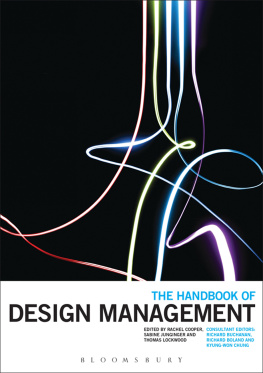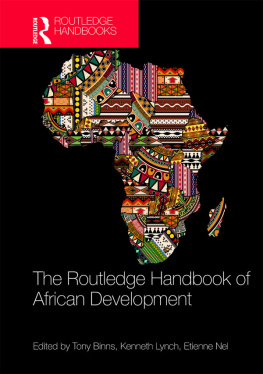Also by Ronald Gross
Peak Learning The Lifelong Learner Future Directions for Open Learning The Teacher and the Taught Pop Poems
With Beatrice Gross
Radical School Reform Will It Grow m a Classroom?
The Children's Rights Movement The New Old: Struggling for Decent Aging The Great School Debate
With Paul Osterman
Individualism The New Professionals
With Judith Murphy
The Revolution in the Schools
With George Quasha
Open Poetry
For permission to reprint copyrighted material the author is grateful to the following publishers and copyright proprietors:
CROWN PUBLISHERS, INC.: From Buckminster Fuller: At Home in the Universe by Alden Hatch. Copyright 1974 by Alden Hatch. By permission of Crown Publishers, Inc.
HARPER & ROW, PUBLISHERS, INC.: From Before the Sabbath by Eric Hoffer. Copyright 1979 by Eric Hoffer.
HOLT, RINEHART AND WINSTON, PUBLISHERS: From Two Tramps in Mud Time from The Poetry of Robert Frost edited by Edward Connery Lathem. Copyright 1969 by Holt, Rinehart and Winston. Reprinted by permission of Holt, Rinehart and Winston, Publishers.
LITTLE, BROWN AND COMPANY, PUBLISHERS: From The Ascent of Man by J. Bronowski. Copyright 1973 by J. Bronowski.
CHARLES SCRIBNERS SONS: ]. L. Barkas, Victims. Copyright 1978 by]. L. Barkas. Reprinted with the permission of Charles Scribners Sons.
THE COLLEGE ENTRANCE EXAMINATION BOARD: Reprinted with permission from Expand Your Life by Allen Tough. Copyright 1980 by College Entrance Examination Board, New York.
E. P. DUTTON, INC.: Reprinted by permission of E. P. Dutton, inc. from This Way Out: A Guide to Alternatives to Traditional College Education by John Coyne and Tom Hebert. Copyright 1972 by John Coyne and Tom Hebert.
TEN SPEED PRESS: From Finding Facts Fast by Alden Todd. Copyright 1972 and 1979 by Alden Todd and Julian Bach Literary Agency, Inc. Reprinted by permission of Alden Todd.
SATURDAY REVIEW, INC.: From What I Have Learned: A Collection of 20 Autobiographical Essays by Great Contemporaries from the Saturday Review. Published by Simon and Schuster. Copyright 1966, 1967, 1968 by Saturday Review, Inc. Reprinted with permission from Saturday Review, Inc.
FOUNDATION CENTER: Foundation Center Cooperating CollectionsFree Funding Information Centers.
Copyright 1982, 1993 by Ronald Gross
No part of this book may be reproduced in any form without the written permission of the publisher, except in the case of brief quotations embodied in critical articles or reviews.
TEN SPEED PRESS P. O. Box 7123, Berkeley, California 94707
Text design and composition by Ralph Fowler Cover design by Fifth Street Design
Library of Congress Cataloging-in-Publication Data
Gross, Ronald
The independent scholars handbook / Ronald Gross, p. cm.
Includes bibliographical references and index. isbn 0-89815-521-5 1. Learning and scholarship, I. Title AZ103.G75 1993
001. 2dc20 93-19276
Printed in the United States of America
1 2 3 4 5 97 96 95 94 93
Dedication
The tragedy of AIDS has been especially grievous in the arts and intellectual life. Independent scholarship is no exception. Many in the field are suffering; many have died. We offer our support, mourn our losses, and treasure our memories.
As this book goes to press, Jim Bennett, one of the brightest sources of light and warmth in this field, is in a hospice in Chicago. He has written wittily, learnedly, and passionately about independent scholarship. His writing has inspired us, his erudition has illuminated our experience, his scathing irony has sometimes infuriated its targets. He has made a difference. Jims major book on independent scholarship has been awaited keenly by everyone in the field. We wish him well in bringing it to fruition.
In his name, many of us in this sector of creative life have rededicated ourselves to doing what needs to be done to support our friends and colleagues with AIDS.
Without the breach of life, the human body is a corpse; without thinking, the human mind is dead.
Hannah Arendt
For those who have experienced it, the hour of the awakening of the passion for knowledge is the most memorable of a lifetime.
Colin Wilson
The world needs the inspiration of our undamaged instinctive love for the truth. Buckminster Fuller
Contents
Acknowledgments
This book asserts that those of us trying to do serious intellectual work outside academe can look to one another for colleagueship. Happily for me, the book also demonstrates how well this worked for one independent scholar. It was strengthened immeasurably by the following colleagues, peers, and masters, most of them fellow independents:
Marjorie Lightman, Institute for Research in History; Richard Brown, Newberry Library; William Draves, Learning Resources Network; Richard Gummere, Jr., University Seminars (Columbia); Gloria Erlich, Princeton Research Forum; Victor Marrow, Society for Philosophy and Public Affairs; Walter Haines, New York University; Hal Bowser, Science Digest magazine; Kenneth Fischer, The Learners Forum; Susan Spragg, Denver Independent Scholars Roundtable; Loring Thompson, vice president emeritus, Northeastern University; Philip Gordon, formerly director, Academy of Independent Scholars; Robert McClintock, Teachers College, Columbia; John Walter, independent scholar; John Ohliger, Basic Choices; Allen Tough, Ontario Institute for Studies in Education; Richard Hendrix, Fund for the Improvement of Postsecondary Education; Ruth Weinstock, education consultant; Lydia Bronte, formerly of the Rockefeller Foundation; Tom Adams, independent scientist; Henry Doering, editor; Tom Hebert, Tennessee Valley Authority; William Zeisel, Editors and Scholars.
Julie Klauber has been my chief research and editorial associate on this book, and her contribution has been enormous. She researched and wrote the sections on grants and awards; special libraries and interlibrary loan; and databases. In addition, she conducted innumerable smaller inquiries with unfailing intelligence and energy. If this book benefits independent scholars, much of the credit should go to her.
For sustained intellectual contributions to the book my greatest debts are to Kathleen Spalcro, Chris Wagner, Walter Haines, and Dorothy Welkerfour quite different individuals with a common capacity to care for the work of another.
For invaluable opportunities to share parts of this work as it developed, and for providing hospitality and mental nourishment, I gladly thank the Newberry Library, Basic Choices, the University Seminar on Innovations in Higher Education at Columbia, the Institute for Research in History, the Highlander Center, the Fund for the Improvement of Postsecondary Education, the Office of Adult Learning Services at the College Board (and its predecessor there, Future Directions for a Learning Society), the Free University Network (now Learning Resources Network), the Ontario Institute for Studies in Education, the National Adult Education Conference, U. S. Department of Education, Modern Language Association, and the American Library Association.
Prologue: Encounters with Four Mentors
At certain moments in our lives, mind seems to whisper to memory: Print this. Those moments stay with us: whether as words, perceptions, or the presence of a person. Occasionally we fail to realize their significance at the time. Dramatic moments that we assume will loom large fade with the years, while cruxes are contained in moments that occur unheralded, but stick and stay with us. Four such moments spurred this book.

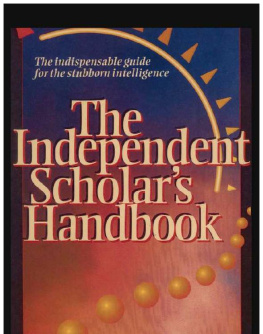

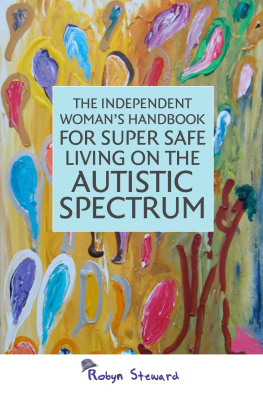
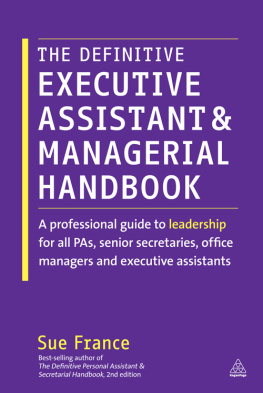
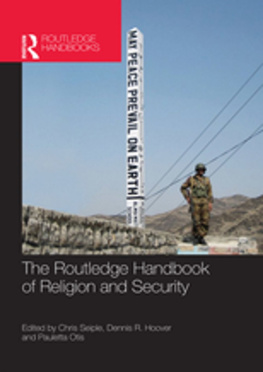
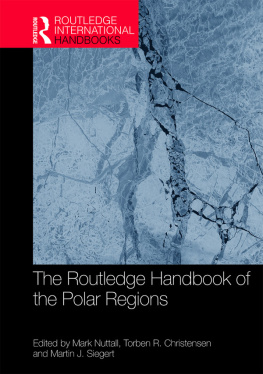
![Lorcan Collins [Lorcan Collins] - 1916: The Rising Handbook](/uploads/posts/book/143326/thumbs/lorcan-collins-lorcan-collins-1916-the-rising.jpg)
